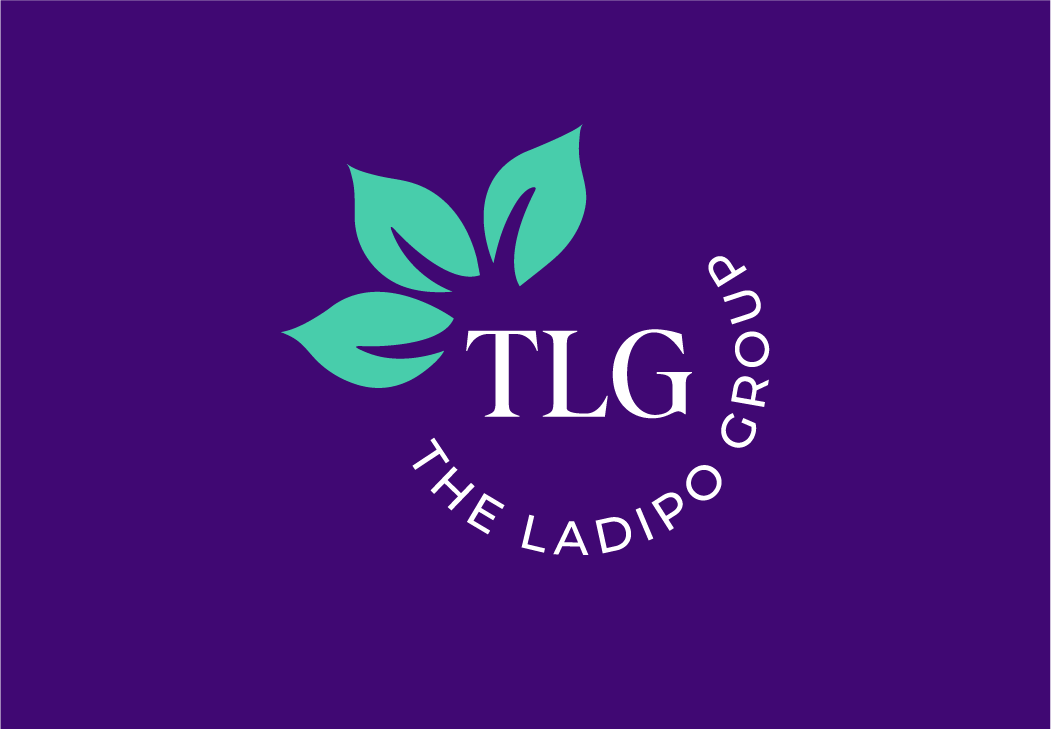T.H.I.N.K. Before You Speak: 5 Principles for Handling Polarizing Conversations in the Workplace
This year, Dr. Martin Luther King Jr. Day and Inauguration Day are on the same day. Some people will acknowledge one celebration and not the other, while others will celebrate both. This dissonance that we’re experiencing politically and culturally seeps into the workplace. In our personal lives, it’s much easier to converse and connect with people who share our beliefs and values.
How do we navigate conversations at work when the people we spend so much time with—our colleagues—may hold very different beliefs and opinions?
We spend nearly two-thirds of our lives working so avoiding our colleagues simply isn’t an option. So, how can we collaborate and treat each other with respect when tensions are high and viewpoints are polarized?
T.H.I.N.K. of these five guiding principles:
T. True – Is It Fact or Opinion?
In any discussion, it is important to assess whether the conversation is grounded in fact or opinion. Personal values and experiences often influence opinions, while facts are objective and can be backed up with evidence. Clarifying the nature of the discussion can help you understand the context and tone of the conversation before engaging further.
Actionable Tip #1: If you’re unsure whether something is a fact or opinion, ask, “Can you clarify how you arrived at that conclusion?” This can shift the conversation toward a more thoughtful and objective dialogue.
H. Helpful – Is It Beneficial to Me and/or Others?
Before diving into any conversation, consider whether it will be helpful. Does it serve the larger goals of understanding or collaboration? Will this exchange bring value to your relationship with your colleague or the team’s success?
Actionable Tip#2: Ask yourself, “Is this conversation likely to lead to a solution, or will it just escalate the situation?” Focusing on useful outcomes helps ensure that your discussions remain productive.
I. Insightful – Can I Listen with Curiosity and Without Judgement?
True emotional intelligence is rooted in listening actively, not only pausing long enough to talk again. Listening with curiosity and without interrupting is a skill set worth developing.
Actionable Tip #3: When someone shares their views, pause and reflect before responding. Ask questions like, “Can you share more about why that’s important to you so I can better understand your perspective?”
N. Necessary – Is This Conversation Essential?
Sometimes, it’s not necessary to engage in a debate. If the conversation is unlikely to lead to a productive outcome, it may be more effective to choose not to participate. Know when to engage and when to step back.
Actionable Tip #4: If you feel the conversation is becoming unproductive or too emotionally charged, say, “I think we have different perspectives here, and I’d prefer to focus on [insert a productive work-related topic].”
K. Kind – Can I Speak with Kindness?
Words can quickly become weapons, especially when emotions are running high. Be intentional with your language and choose words that foster respect, even in disagreement.
Actionable Tip #5: Self-reflect, pause, and ask yourself, “Am I using language that is respectful and kind?”
We spend a significant portion of our lives with colleagues who may hold different beliefs. The next time you find yourself conversing with a colleague who has opposing views, pause, T.H.I.N.K., and choose your words and interactions intentionally. Emotional intelligence isn’t just about knowing and managing your own emotions. It’s about navigating the hard moments with as much ease as possible.
Something to think about . . .
Consider your answers to the above questions before engaging in non-work conversations at work. Sometimes, the best thing to do in the moment is to keep your peace by not engaging in unnecessary conversations.
Something to do . . .
For those fortunate enough to have homes to return to, consider supporting those who don’t.
Resources to support those affected by the California wildfires
California Community Foundation leverages partnerships with community-based organizations and government agencies while using data from CalFire and the CDC’s Social Vulnerability Index to prioritize underserved communities.
Los Angeles Regional Food Bank works with government agencies, nonprofit and faith-based partners and others to respond to the fires throughout Los Angeles County.
Los Angeles Daily News article lists many local California organizations you can support.


